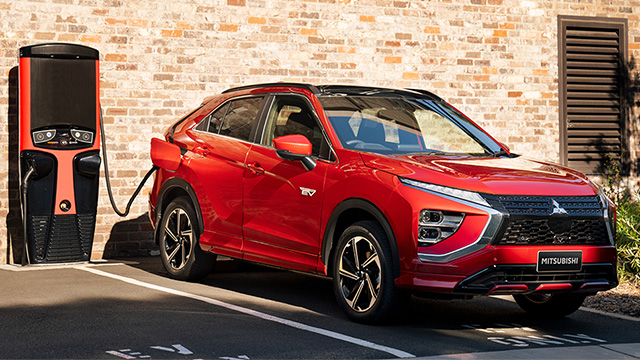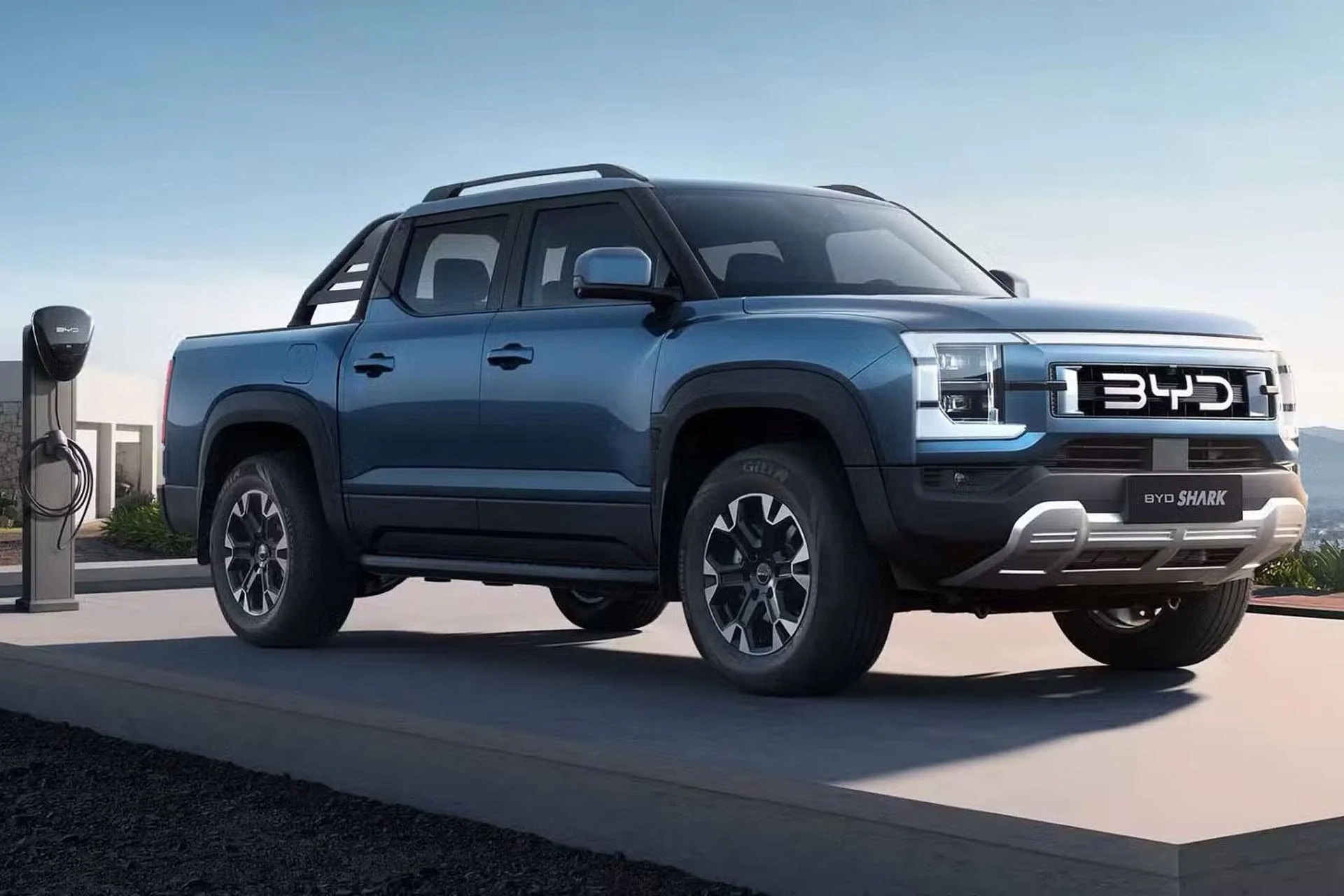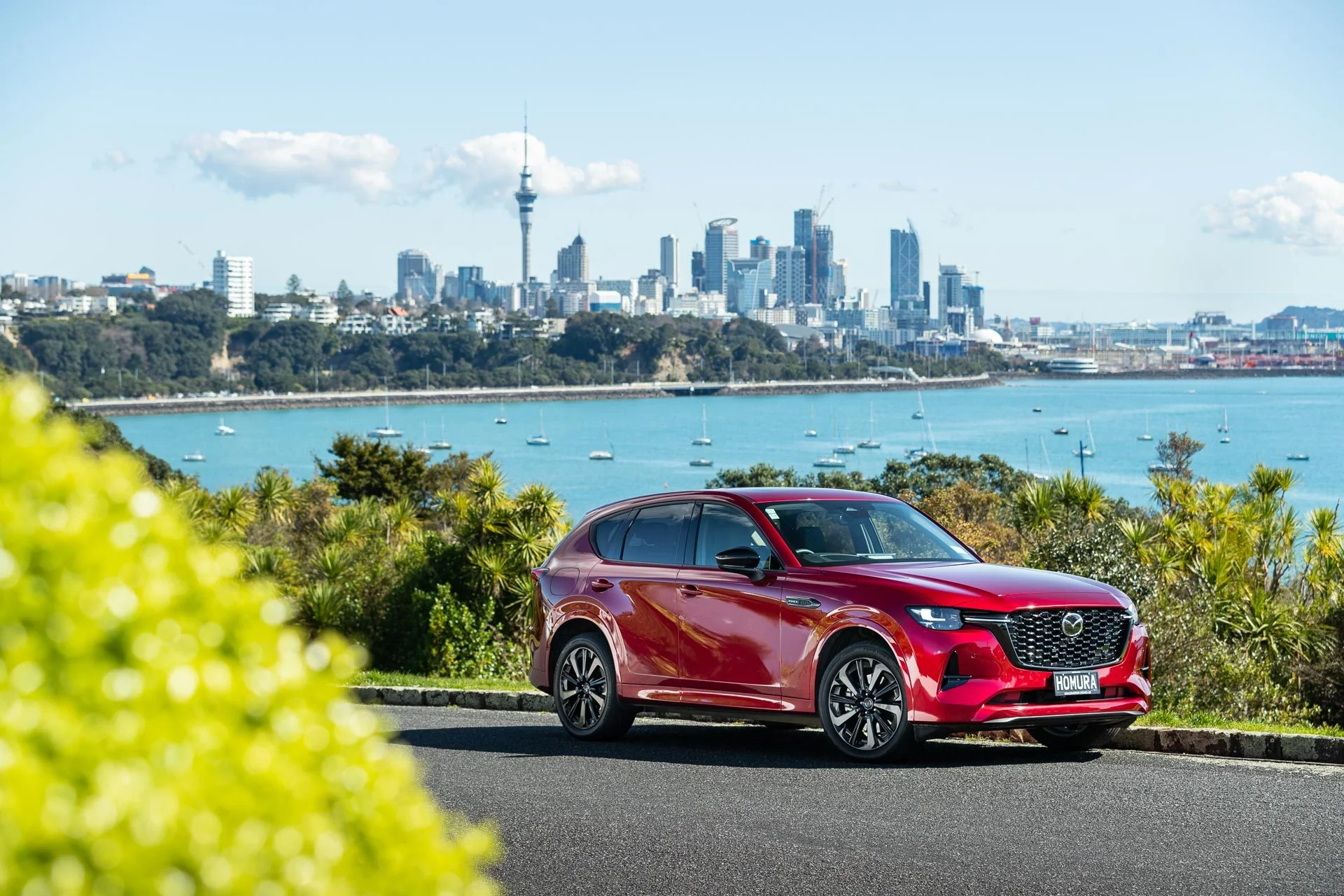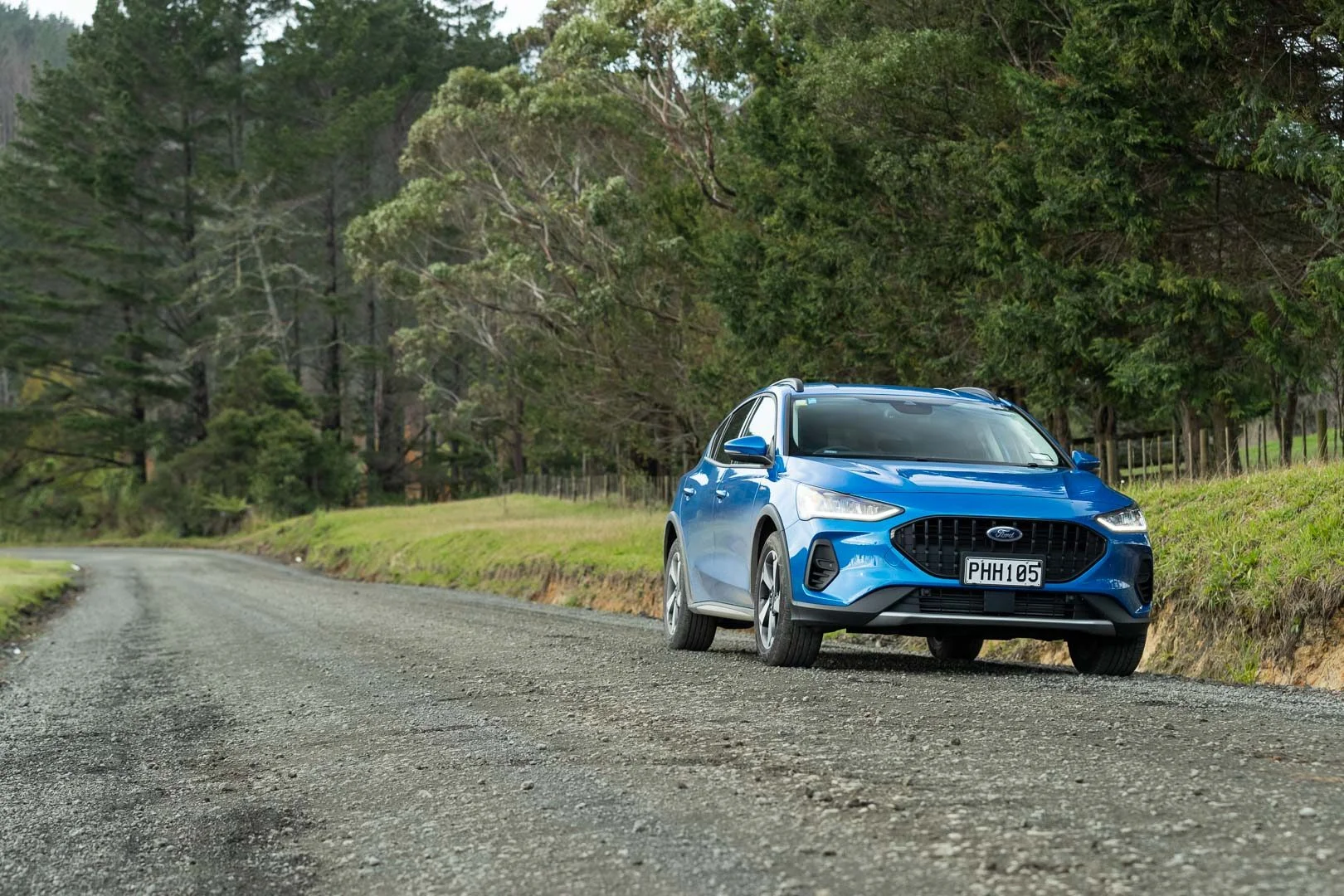Feature article
Best Plug-In Hybrids Available in NZ
Plug-in hybrids have a more powerful electric motor and bigger battery pack than your regular ‘self charging hybrid’.

BYD Sealion 6
Cupra Leon Sportstourer V e-hybrid
Kia Sorento
Mitsubishi Eclipse Cross PHEV
Author
Other articles you might like

.jpg)
.jpg)
.jpg)
.jpg)
.jpg)
.jpg)
.jpg)



